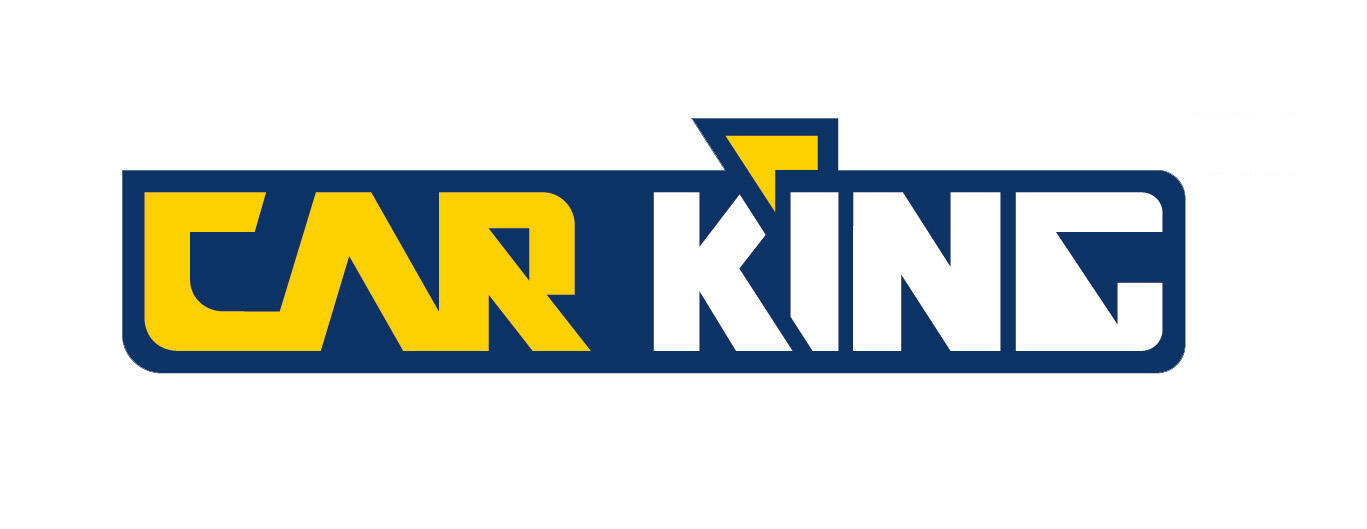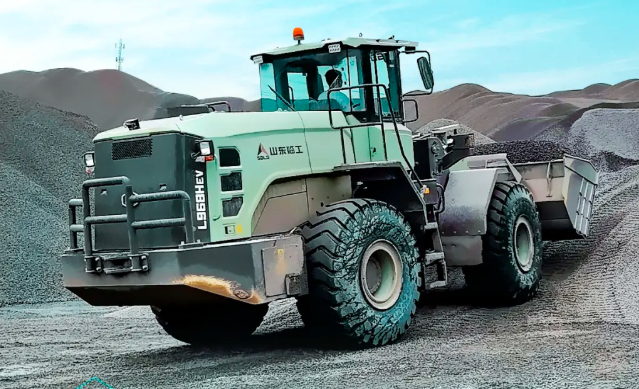Understanding the Vital Role of Modern Loading Solutions in Construction
The construction industry continues to evolve at a rapid pace, and at the heart of this evolution lies loader equipment - the backbone of any successful construction operation. These versatile machines have transformed from simple material handlers to sophisticated pieces of technology that significantly impact project efficiency, cost management, and overall productivity. Today's construction companies recognize that investing in quality loader equipment isn't just an option; it's a crucial business decision that can make or break their competitive edge.
Whether you're managing a small construction business or overseeing a large-scale operation, the right loader equipment can dramatically improve your workflow, reduce labor costs, and help you meet increasingly demanding project deadlines. From moving earth and debris to precise material handling, these powerful machines have become indispensable assets in modern construction fleets.
Types of Construction Loaders and Their Applications
Wheel Loaders: Versatility Meets Power
Wheel loaders represent the most common type of loader equipment found on construction sites. These machines excel in various tasks, from moving loose materials to loading trucks and clearing sites. Their rubber tires provide excellent mobility across different terrain types, making them ideal for both rough construction sites and finished surfaces. Modern wheel loaders come equipped with advanced hydraulic systems that offer precise control and improved fuel efficiency.
The latest wheel loader models feature sophisticated technology like automatic bucket leveling, return-to-dig functions, and integrated weighing systems. These features not only enhance operational efficiency but also contribute to better material management and cost control on construction projects.
Skid Steer Loaders: Compact Powerhouses
When it comes to versatility in confined spaces, skid steer loaders are unmatched. These compact machines can navigate tight corners and operate in restricted areas where larger loader equipment cannot access. Their ability to turn within their own footprint makes them invaluable for indoor renovation projects, urban construction sites, and landscaping work.
The adaptability of skid steer loaders extends beyond basic material handling. With a wide range of attachments available, these machines can perform multiple functions - from digging and grading to snow removal and pavement milling. This versatility makes them a cost-effective investment for construction companies of all sizes.
Essential Features of Modern Loader Equipment
Advanced Control Systems
Today's loader equipment incorporates sophisticated control systems that enhance operator precision and efficiency. Joystick controls, programmable settings, and automated functions allow operators to work more effectively while reducing fatigue. These advanced systems also include features like automatic bucket positioning and return-to-dig functions, which significantly improve cycle times and overall productivity.
The integration of GPS technology and machine control systems has revolutionized how loader equipment operates on construction sites. These systems provide real-time positioning data, enabling operators to achieve precise grading and material placement with minimal rework.
Safety Innovations
Safety remains a top priority in loader equipment design. Modern machines come equipped with enhanced visibility features, including rear-view cameras, proximity sensors, and comprehensive lighting systems. These safety innovations not only protect operators and ground personnel but also contribute to more efficient operation in various lighting conditions.
Advanced safety features extend to maintenance aspects as well. Easy-access service points, ground-level maintenance checks, and built-in diagnostic systems help ensure that loader equipment remains in optimal condition while minimizing downtime and reducing the risk of accidents during maintenance procedures.
Maximizing ROI Through Proper Equipment Selection
Size and Capacity Considerations
Selecting the right size and capacity of loader equipment is crucial for maximizing return on investment. Oversized machines can lead to excessive fuel consumption and unnecessary capital expenses, while undersized equipment may struggle to meet project demands. Careful analysis of typical job requirements, site conditions, and material handling needs should guide the selection process.
Consider factors such as bucket capacity, lift height, and operating weight when choosing loader equipment. These specifications should align with your most common project requirements while providing enough flexibility to handle occasional larger tasks.
Technology Integration and Future-Proofing
Modern loader equipment increasingly incorporates digital technologies that enhance performance monitoring and fleet management. Telematics systems provide valuable data on machine utilization, fuel efficiency, and maintenance needs. This information helps construction companies optimize their operations and make informed decisions about equipment deployment and replacement.
When investing in new loader equipment, consider machines that offer compatibility with emerging technologies. The ability to upgrade software and add new features can extend the useful life of your equipment and help maintain competitive advantages as technology evolves.
Maintenance Strategies for Optimal Performance
Preventive Maintenance Schedules
Implementing a comprehensive preventive maintenance program is essential for maintaining loader equipment reliability and performance. Regular inspections, fluid analysis, and component replacement according to manufacturer recommendations help prevent unexpected breakdowns and extend equipment life.
Digital maintenance tracking systems can help construction companies stay on top of service intervals and monitor equipment health. These systems provide alerts for upcoming maintenance needs and maintain detailed service records, which can be valuable for equipment resale and warranty purposes.
Operator Training and Best Practices
Well-trained operators are crucial for maximizing loader equipment efficiency and longevity. Proper operation techniques reduce wear and tear on components, minimize fuel consumption, and prevent accidents. Investment in comprehensive operator training programs pays dividends through improved productivity and reduced maintenance costs.
Regular refresher training ensures operators stay current with new features and best practices. This ongoing education helps construction companies get the most value from their loader equipment investments while maintaining high safety standards.
Frequently Asked Questions
How often should loader equipment undergo maintenance inspections?
Regular maintenance inspections should be performed daily for basic checks and according to the manufacturer's recommended intervals for more comprehensive servicing. Daily inspections typically include fluid levels, tire condition, and basic system checks, while more detailed inspections might occur at 250, 500, or 1000-hour intervals depending on the specific model and usage conditions.
What factors should be considered when choosing loader equipment?
Key considerations include project requirements, site conditions, material types to be handled, frequency of use, available attachments, fuel efficiency, maintenance costs, and operator comfort. Additionally, consider the equipment's compatibility with existing fleet management systems and potential future expansion needs.
How can construction companies maximize fuel efficiency in loader equipment?
To optimize fuel efficiency, maintain proper tire pressure, train operators in efficient operating techniques, use appropriate bucket sizes for tasks, minimize idle time, and keep the machine well-maintained. Modern loader equipment often includes eco-modes and automatic engine shutdown features that can significantly reduce fuel consumption.

